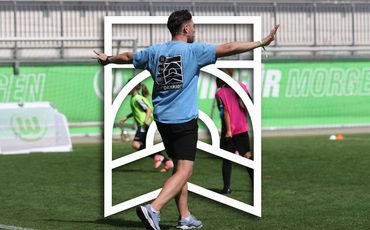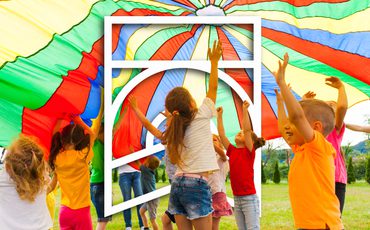Psychosocial Outcomes of Sport Participation: More Than Just Physical Fitness
Sport is often celebrated for its physical benefits, but its impact goes far beyond fitness. When delivered in the right way, sport can be a powerful tool for psychosocial development in children and young people. Researchers have identified six key areas where sport can positively influence personal growth—each contributing to a well-rounded, resilient, and capable individual.
1. The Development of the Self
Sport can help children understand who they are and build a strong sense of identity. When coached appropriately, it fosters:
- Self-confidence
- A sense of identity
- Global self-worth
- Hope and life purpose
However, if poorly delivered, sport can have the opposite effect—lowering self-esteem and creating negative self-perceptions.
2. Emotional Development
Sport provides a dynamic environment for children to explore and manage their emotions. Positive outcomes include:
- Improved emotional wellbeing
- Greater emotional literacy
- Better emotional control
Still, sport can also trigger frustration, anxiety, or poor emotional regulation if not managed with care.
3. Social Development
Sport is inherently social. Whether in team or individual settings, it encourages interaction and cooperation. Benefits include:
- A sense of belonging
- Strong interpersonal and teamwork skills
- Development of social capital
Yet, challenges like cliques, bullying, or social isolation—especially among high-performing young athletes—can arise without proper guidance.
4. Moral Development
Sport can be a powerful teacher of ethics and values. It helps children:
- Understand right from wrong
- Respect others and rules
- Make moral decisions
But as competition intensifies, risks such as cheating, aggression, or substance misuse can emerge. Coaches and parents must remain vigilant.
5. Cognitive Development
Sport also supports mental growth. It enhances:
- Learning and academic performance
- Decision-making abilities
- Communication skills
These cognitive benefits are especially valuable in helping children succeed both in and out of school.
6. Life and Professional Skills
Finally, sport nurtures essential life skills that prepare children for adulthood. These include:
- Work ethic and responsibility
- Goal setting and time management
- Self-organisation and competitiveness
These skills are transferable to education, careers, and everyday life.
Final Thoughts
Sport has the potential to shape children in profound ways—emotionally, socially, morally, and cognitively. But this potential is only realised when sport is delivered in a thoughtful, inclusive, and supportive manner. As coaches, parents, and educators, it’s our responsibility to ensure that sport becomes a positive force in every child’s life.
Watch the full video below
Comments
Related Pages


